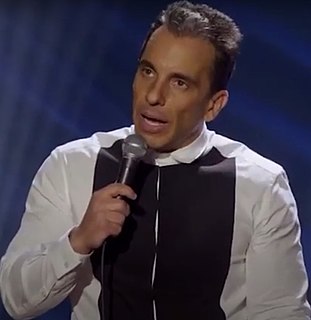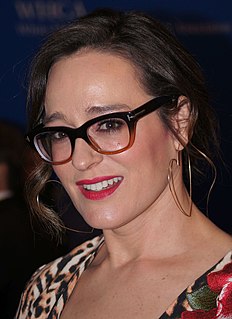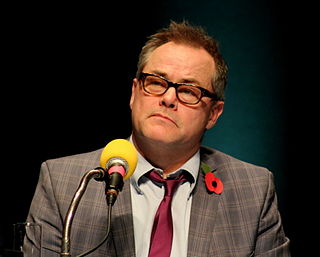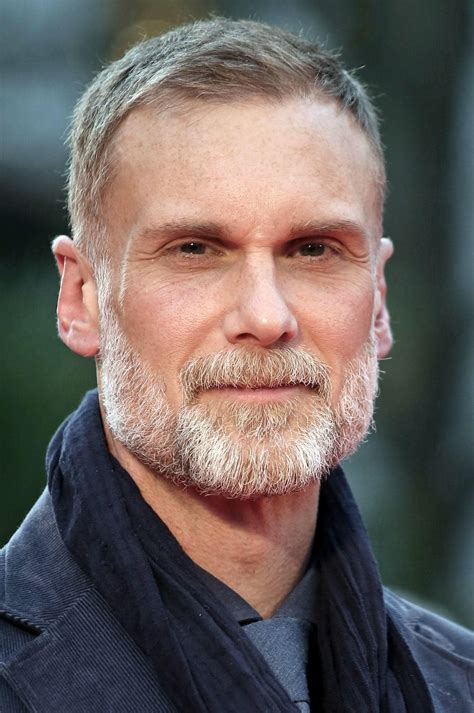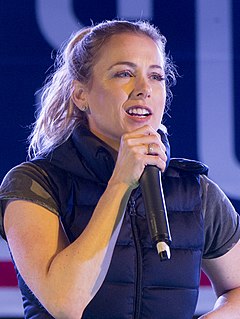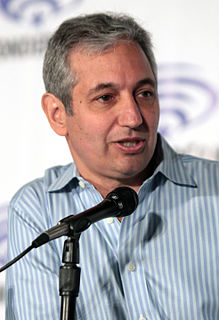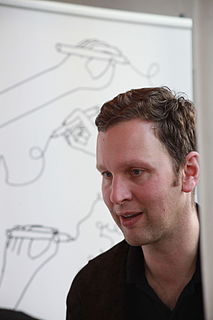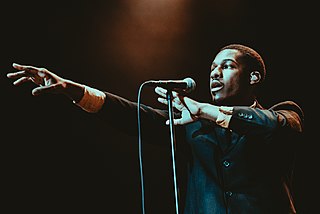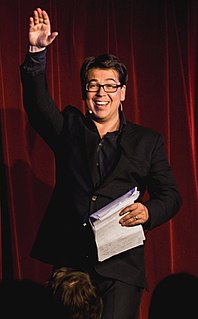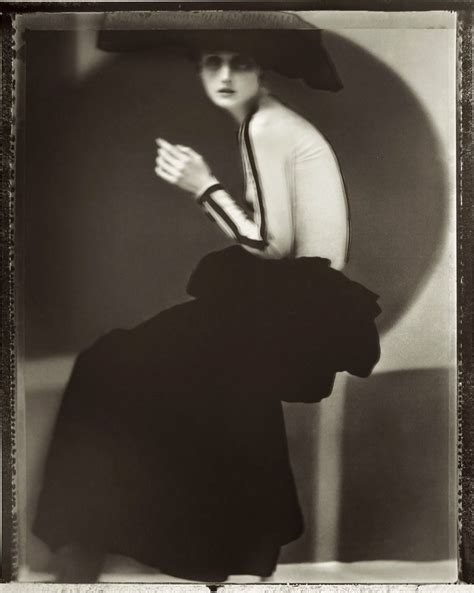A Quote by Sebastian Maniscalco
I don't like long jokes. I like stories rather than setup punchlines.
Related Quotes
I love short stories. They're like small imploding universes. They are very tightly bound and controlled. I'd been wanting to write one for ages but just got tangled up in novels. The novel is the same in the sense that it is also a universe, but it explodes outwards with all that shrapnel going in several different directions. I don't see too much difference in the forms except for the fact that writing short stories is like sprinting rather than long-distance running.
I have this JPM thing: jokes per minute. I've worked out that I should get in about 12 punchlines in five minutes. I need them all. It's like when you walk down a road, if there's a lamp post that's out, it's fine if you can see the next one's alight, but if there's two out, that's a period of frightening darkness.
I think you have to do the stories that interest you and hope an audience likes it, rather than doing stories that you think the audience will like, whether you like them or not. I think there has to be something that you find compelling and interesting, and then hopefully an audience will agree with you.
